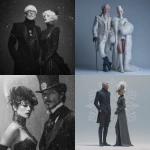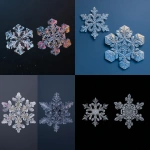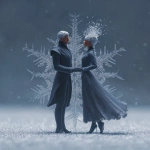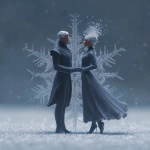Explore the Best AI Image Gallery
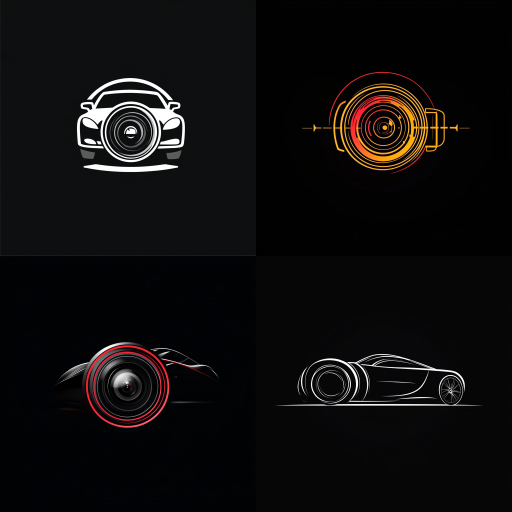
AI in a Magician's Hat: The Intricacies of AI-Generated Images
Welcome to the fascinating world of AI-generated images, an emerging technology that is reshaping the landscape of visual arts, introducing unparalleled capabilities alongside unprecedented ethical questions.
The Creative Impact of AI-generated Images
Imaging technology driven by Artificial Intelligence (AI) is opening new doors in the world of digital art. Taking the capabilities of artists beyond the constraints of human creativity, AI is adding a unique dimension to the creative process. Constructing images from available data and learning from each iteration, AI navigates through creative possibilities that a human mind may have not contemplated.
It's not only about facilitating the creative process, but also about elevating artistry to a new level. For instance, AI can imitate the style of certain painters, such as Van Gogh or Picasso, apply that style to a given image, and generate something that strikes as a perfect blend of classical heritage and modern vision.
Potential Areas of Application
AI-generated images have potential uses beyond digital art. These include virtual interior design, where AI can generate various renderings of the same space with different styles and furniture arrangements. In the field of medicine, AI can create images illustrating specific medical conditions, aiding doctors in their diagnoses. Moreover, the technology can be instrumental for video game industries, where AI-generated artwork can add depth and authenticity to the gaming experience.
Ethical Considerations
However, as with any groundbreaking technology, AI-generated images bring forth ethical questions. What happens when AI can generate images that are indistinguishable from photographs? What about the copyright issues, especially when AI imitates the style of renowned artists? Should AI-generated art be recognized as original work, or should it be deemed as illegitimate imitation?
Indeed, these ethical considerations will need ongoing scrutiny as AI technology advances and becomes more prevalent in our society.
Eyeing Future Horizons
As AI evolves, we can expect AI-generated imagery to become more intricate, realistic and widespread. It could refine virtual reality experiences, enhance movie graphics, and even establish a new genre within the realm of fine arts. It's a brave new world out there, and AI-generated images seem poised to make it even more enthralling.
In conclusion, the impact of AI-generated imagery on arts, its potential applications, its ethical connotations, and possible future trends symbolize a profound technological shift. We are just at the beginning of this intriguing journey - who knows what mesmerizing marvels await us in the not-so-distant future?
